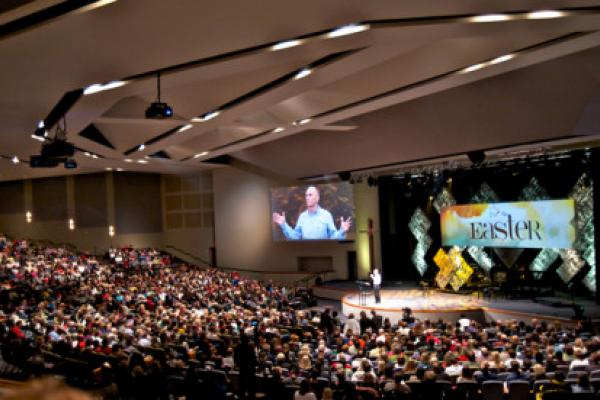Oct 3, 2013
Each weekend, 18,000 people gather at one of Eagle Brook Church’s five locations outside St. Paul, Minn., to hear pastors preach family-friendly sermons on avoiding excuses and learning to forgive.
When it’s time to ask for donations, Executive Pastor Scott Anderson said he’s careful to ask only when God deems it necessary.
In recent years, it’s been necessary a lot.
Read the Full Article

Already a subscriber? Login
